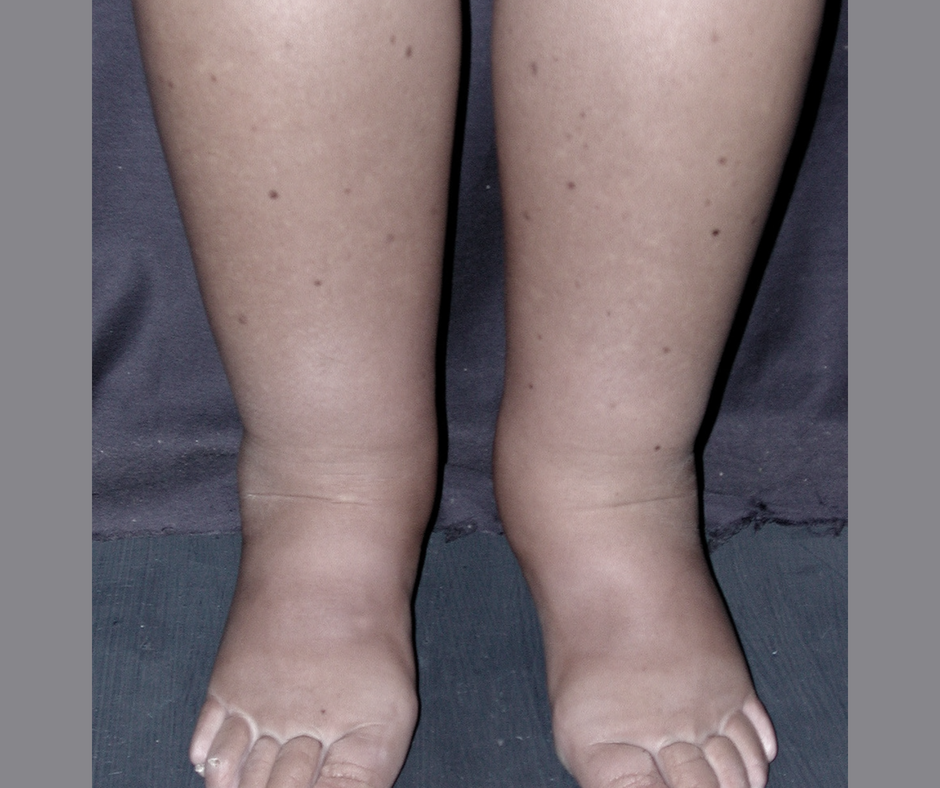by Athletico
Concussion:
In recent years, concussions have received a lot of attention in the news as doctors and athletes are seeking ways to manage long term problems brought on by a concussion. These long term issues can include dizziness/vertigo, balance problems, or complaints of headaches, all of which can be treated by a physio. There is a very specific balance of returning to normal activities with symptom management to allow the individual who had the concussion to fully recover.
Temporomandibular joint dysfunction, or jaw pain:
Jaw pain can be due to many different problems, but one of the biggest includes poor posture which leads to increased stress on the joint. A physio can address postural issues, assess and improve the alignment of the joint, as well as improve joint mobility to reduce pain.
Urinary Incontinence:
Most common in women, incontinence can be due to many different conditions including pregnancy, childbirth, surgery, pelvic floor weakness or spasm, or overall reconditioning. A physio can help to strengthen the proper muscles with a variety of techniques. Depending on your symptoms, a physio may recommend using a biofeedback tool where electrodes may be placed vaginally to provide measurements of muscle activity. This can help teach a patient to relax or contract the pelvic floor muscles to help decrease symptoms.
Headaches:
There are many different type of headaches including tension headaches, migraines and cluster headaches to name a few. Often times, headaches can become a very frequent occurrence that affects a persons ability to function on a daily basis. The most common type of headaches may be caused by poor posture, stress, muscle tightness, or a neck injury. A physio can help to determine the type of headaches and what the best treatments may be to help alleviate symptoms. A physio can perform manual massage to help loosen up tight muscles and can teach the patient about proper posture of the neck and upper body to decrease stress and tension through this area that might be leading to these headaches.
Lymphedema:
Lymphedema is swelling that may occur in the arms and legs that is stemming from your lymphatic system. It is very common after certain type of cancer treatments, such as breast cancer, where lymph nodes may be removed. A trained physio can perform certain types of lymphatic drainage massage or use certain wrapping techniques to help decrease swelling in a limb.
If you have experienced, or currently are experiencing any of these symptoms, consider seeking out a trained physio who can help with your symptom management.
Looking for a Physiotherapist? -- Please don’t hesitate to call us.




No comments:
Post a Comment